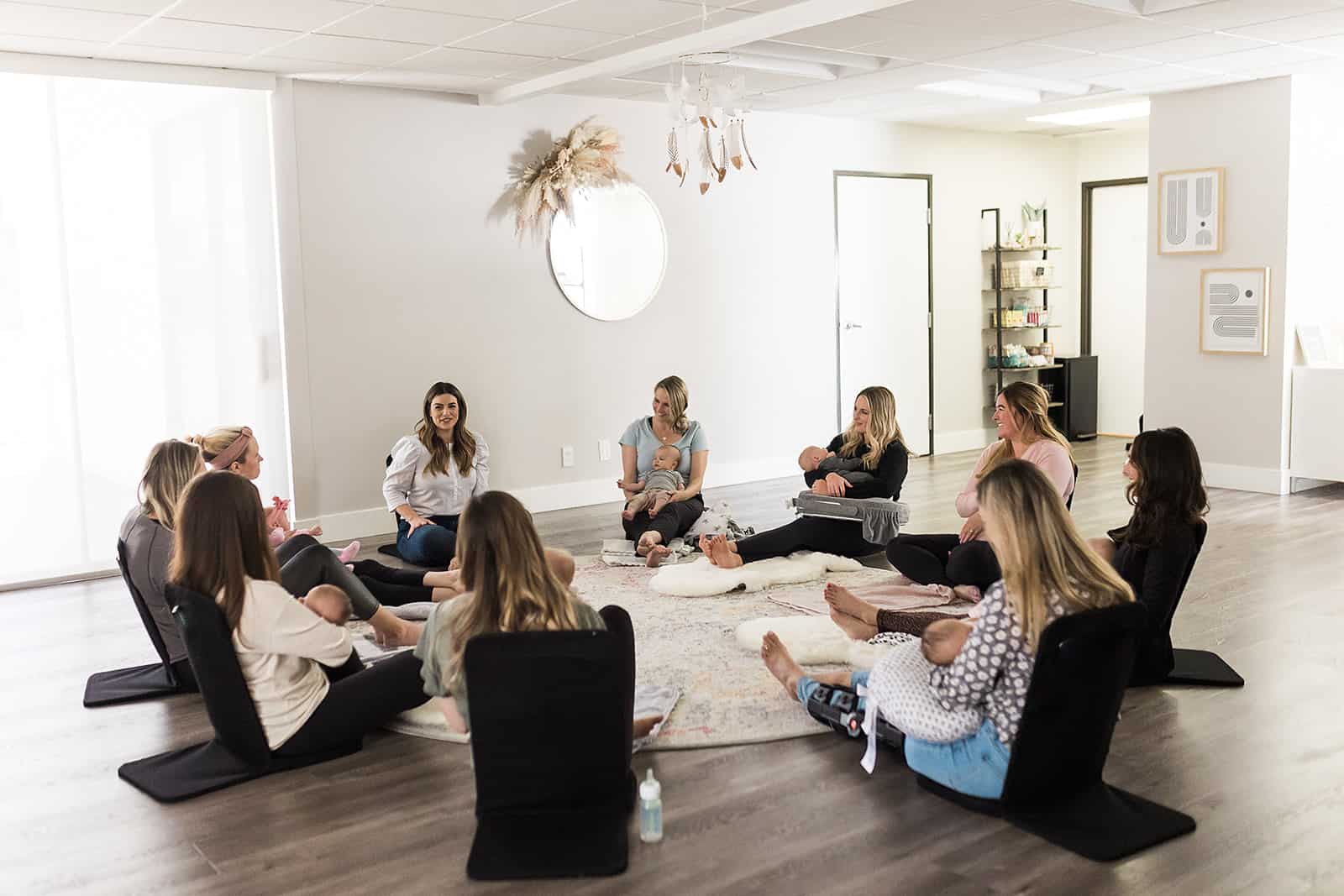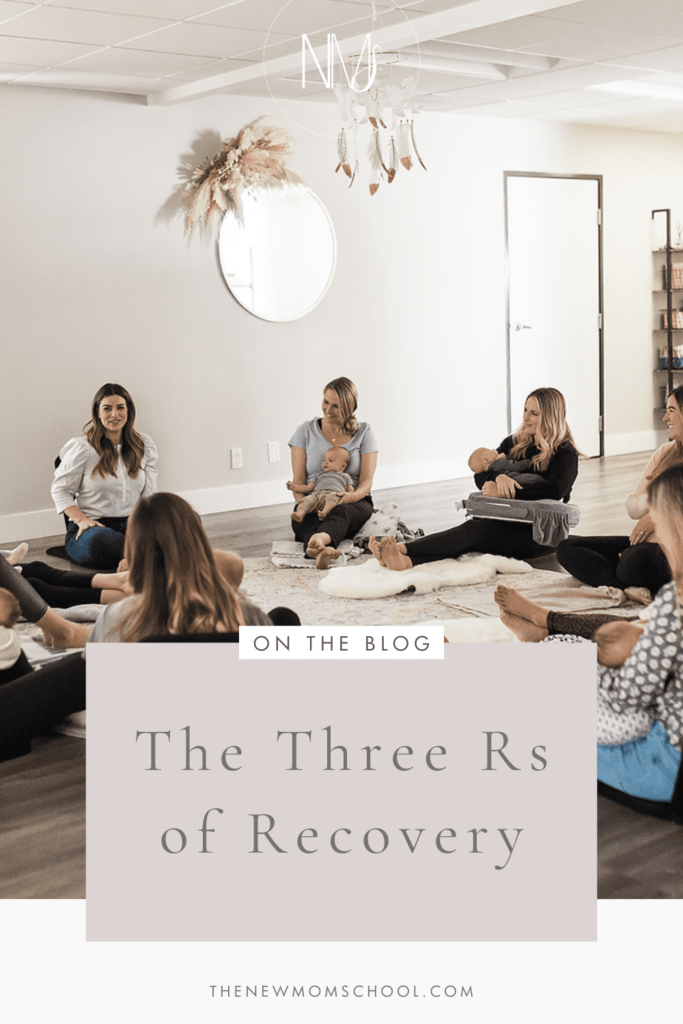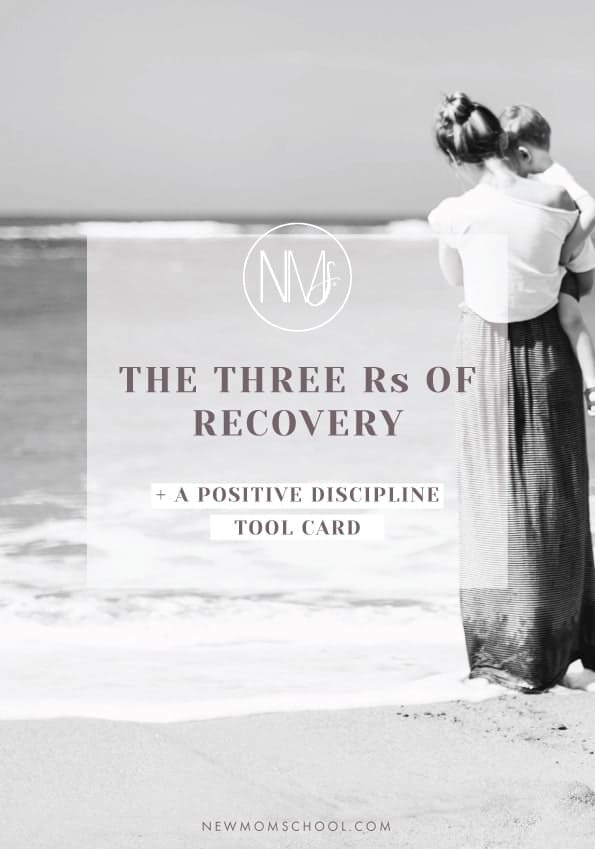Have you ever said you were sorry to a child? If so, how did that child respond? I ask this question during lectures all over the world, and the response is universal. When adults sincerely apologize, children usually say, “That’s okay, Mom” (or Dad, or Teacher.) Children can be feeling angry and resentful in response to disrespectful behavior one minute (and adults probably deserve it) and switch to total forgiveness when the adult says, “I am sorry.”
The first two Rs of Recovery—(recognize and reconcile)—create a connection before the third R, working on solutions. Trying to work on solutions before creating a connection is totally nonproductive.
None of us are perfect parents, so not only do we need to teach our children that mistakes are wonderful opportunities to learn, we need to practice this skill ourselves. As human beings it is common for us to become emotionally hooked and lose our common sense (revert to our reptilian brains). We then thoughtlessly react instead of acting thoughtfully. One thing I love about the Positive Discipline principles is that no matter how many mistakes I make, and no matter how many messes I create with my mistakes; I can always go back to the principles, learn from my mistakes, clean up the mess I made—and make things better than they had been before the mistakes.
TOOL TIPS
- It is never too late to use this tool, but it can be too soon. Wait for a cooling-off and calming-down period.
- Remember that most mistakes made by parents and children are made from a flipped-lid state of mind. Take time to access your rational brain and then use encouragement—which is the essence of the 3 R’s of recovery from mistakes.
- Deal with your own issues about mistakes. This may require re- parenting yourself while parenting your children.
- Find stories to read to your kids about the mistakes of great men and women. Edison is famous for telling a reporter that he didn’t make ten thousand mistakes while trying to discover electricity—he just learned ten thousand things that didn’t work.
- Give up all guilt about past mistakes. Guilt that lasts longer than a few minutes is useless and debilitating to you and others. Use the 3 R’s of recovery from mistakes and move on.



